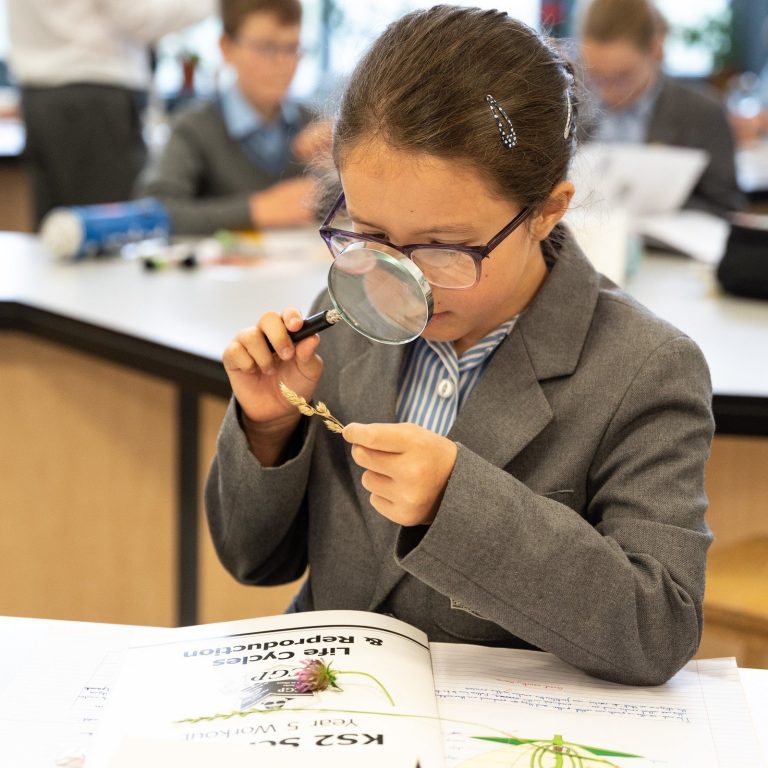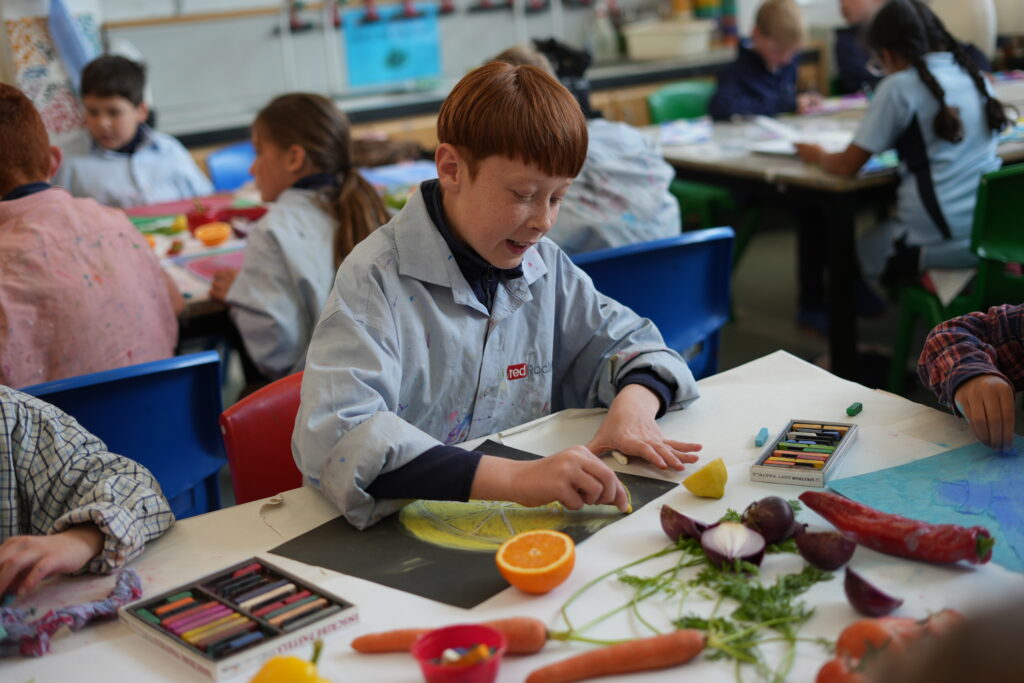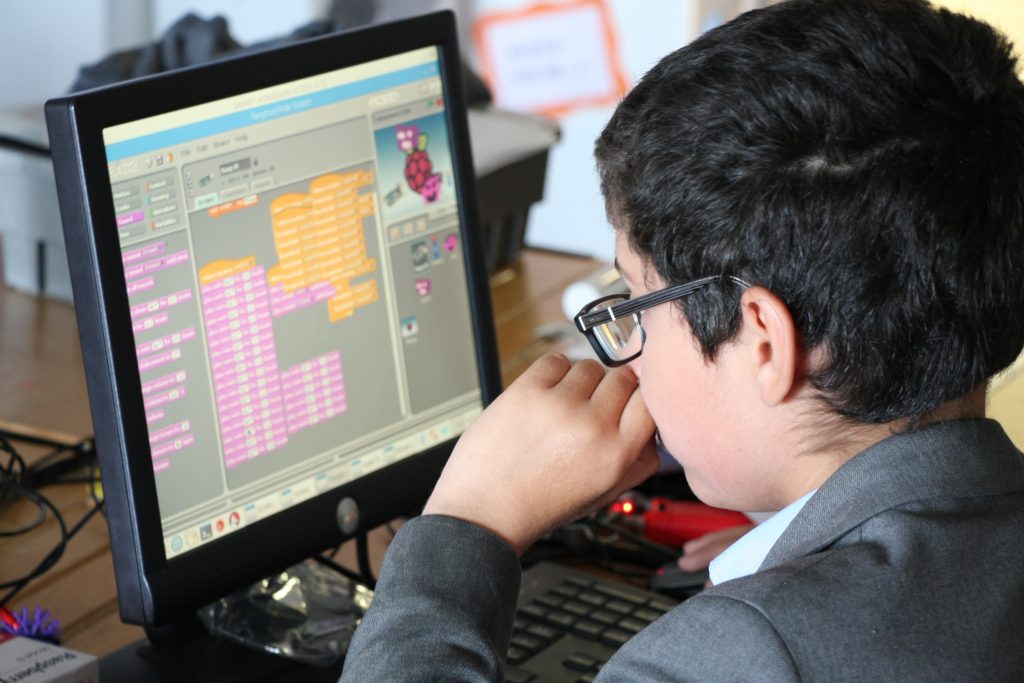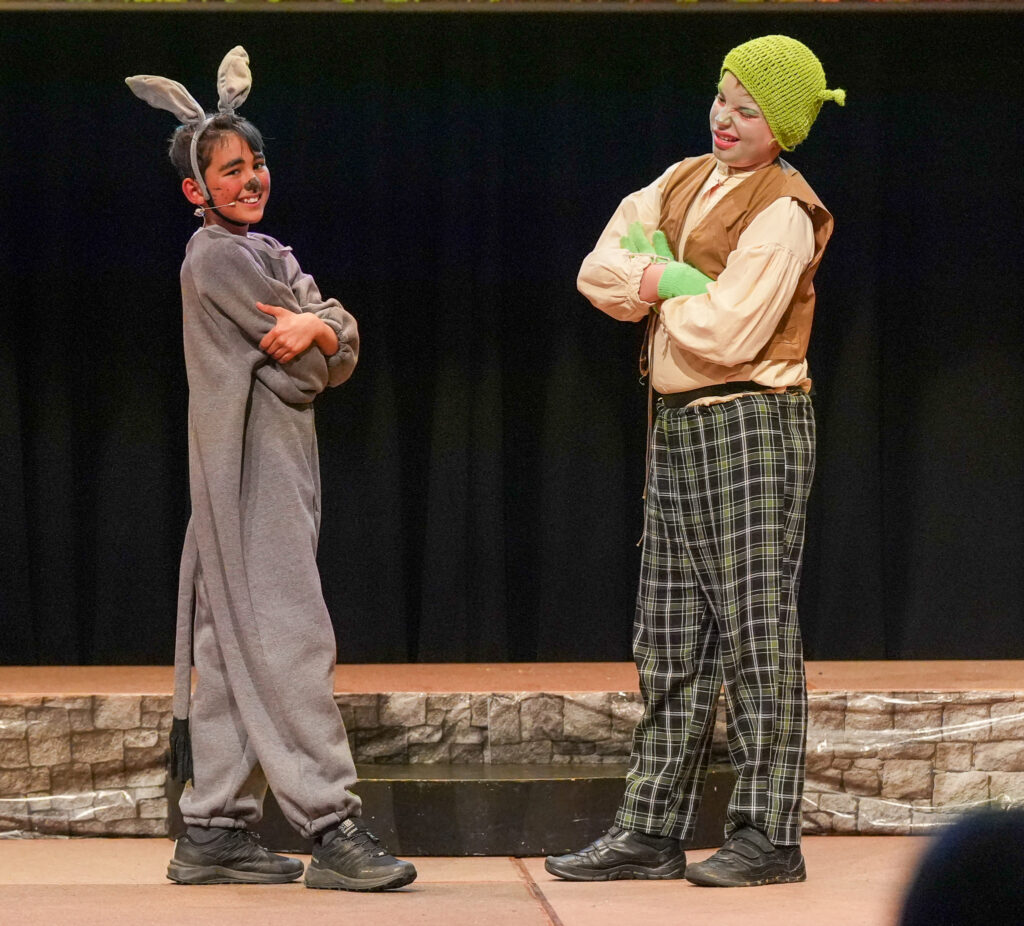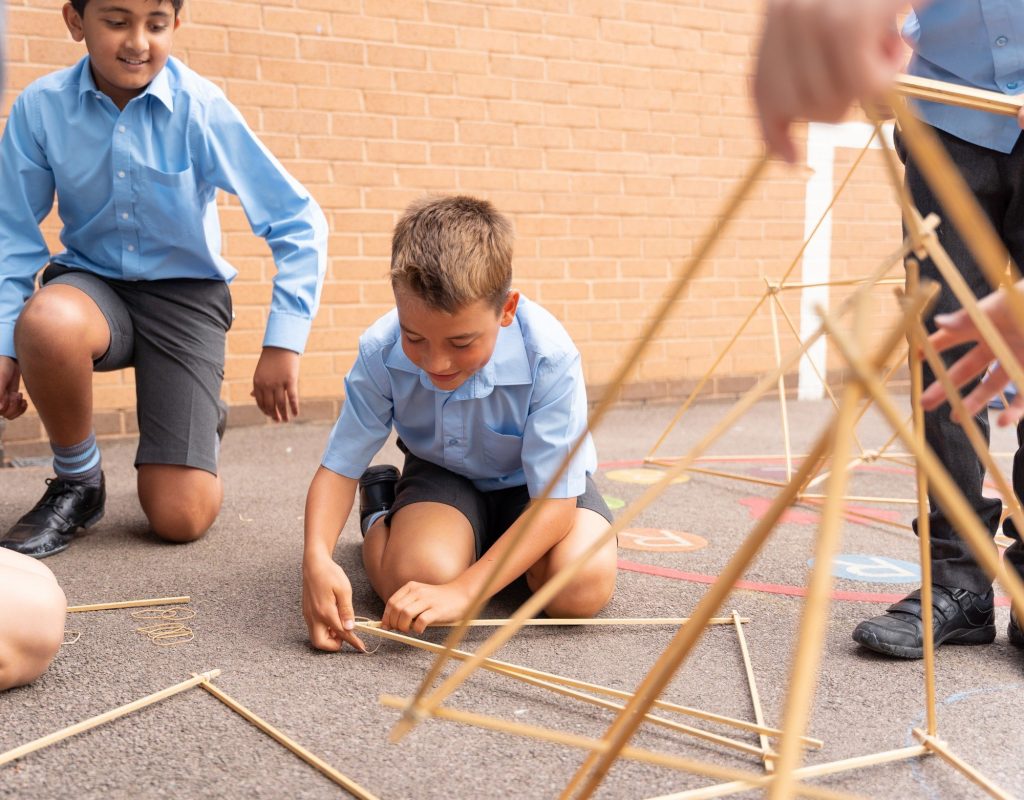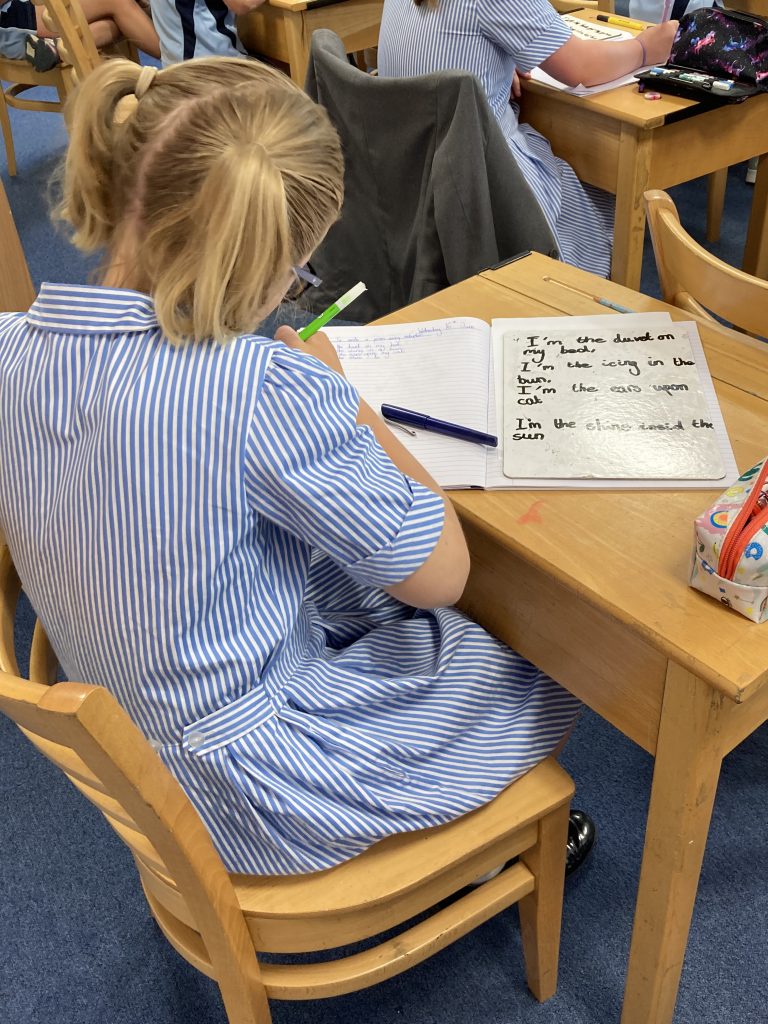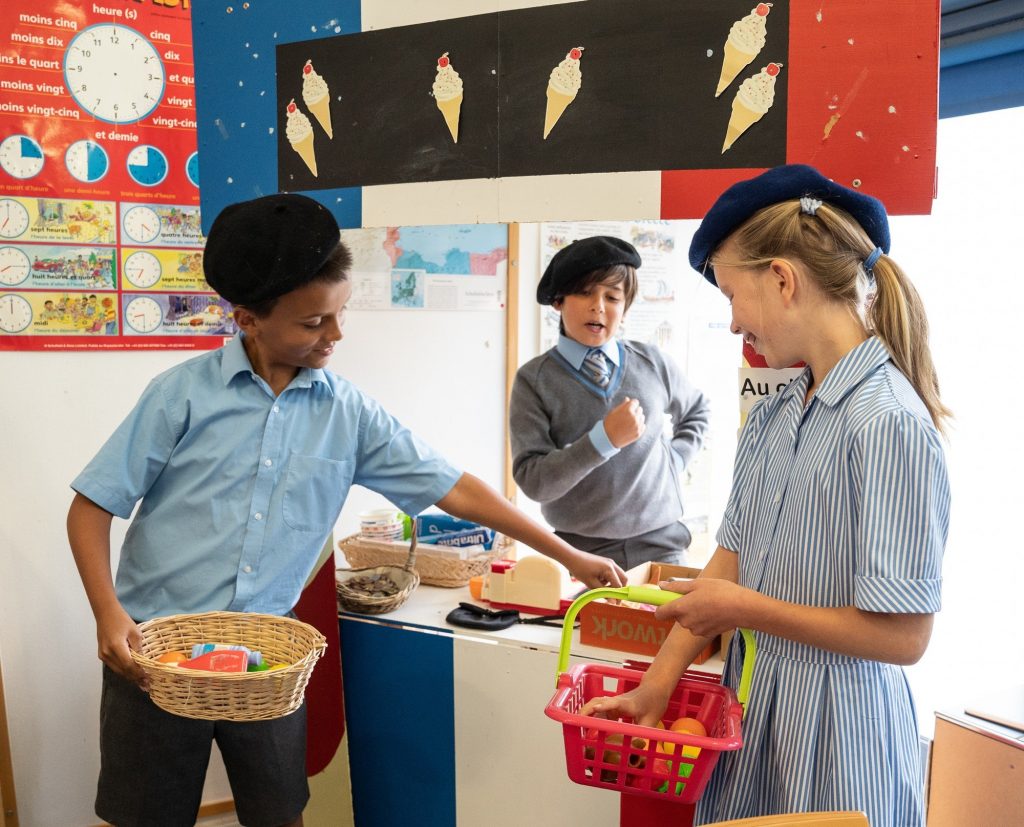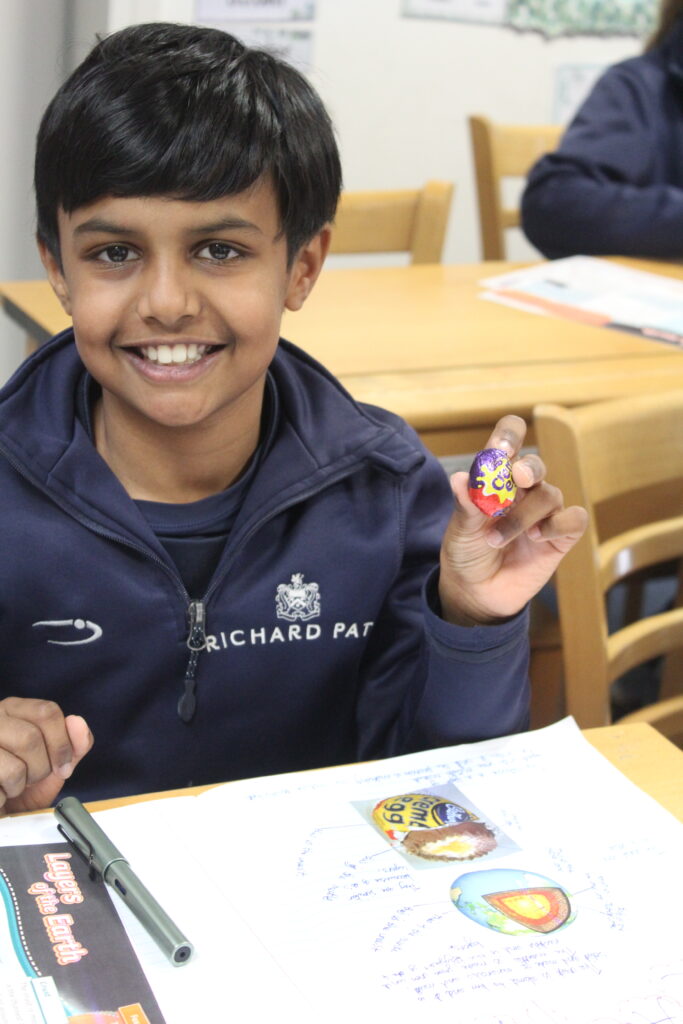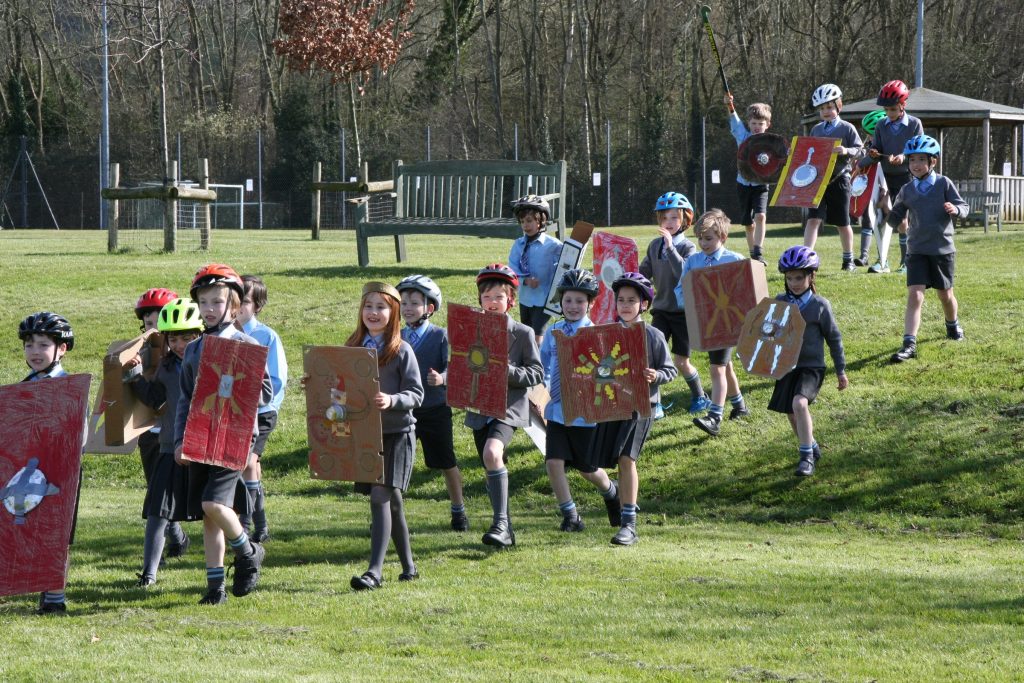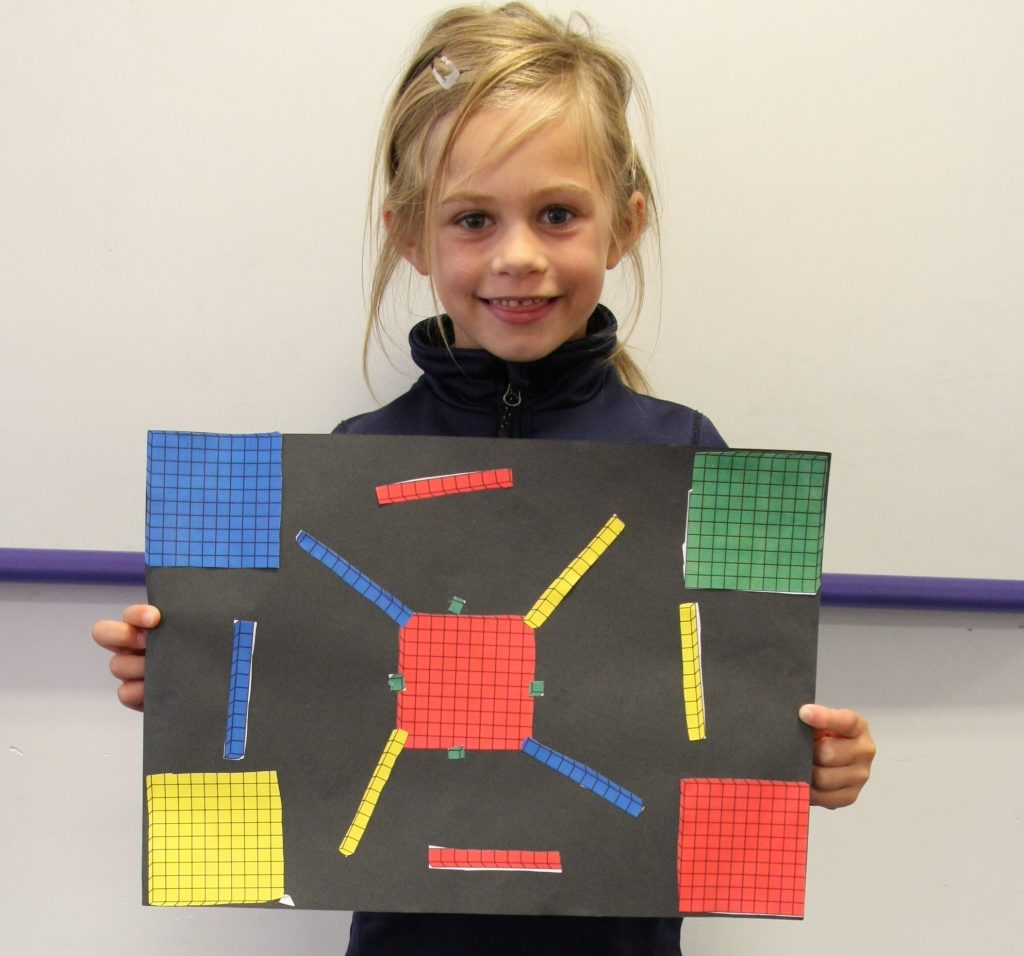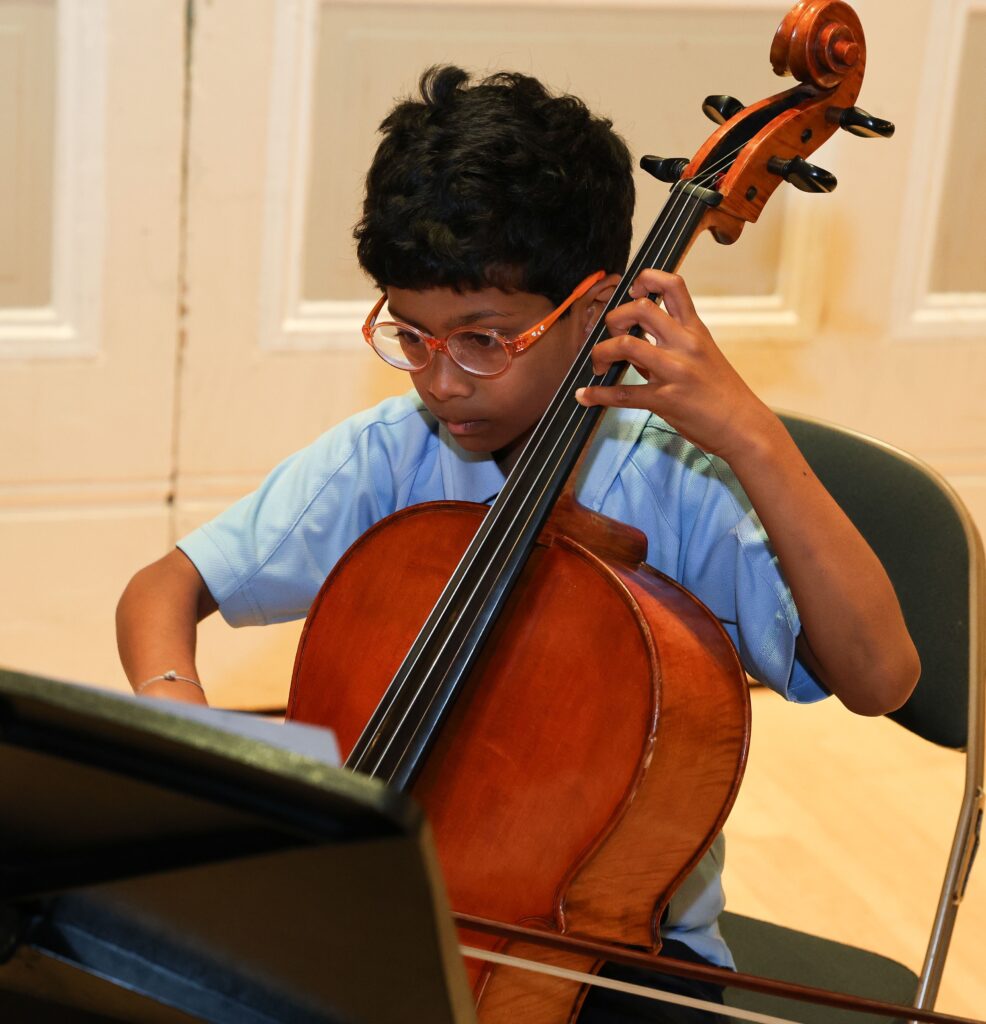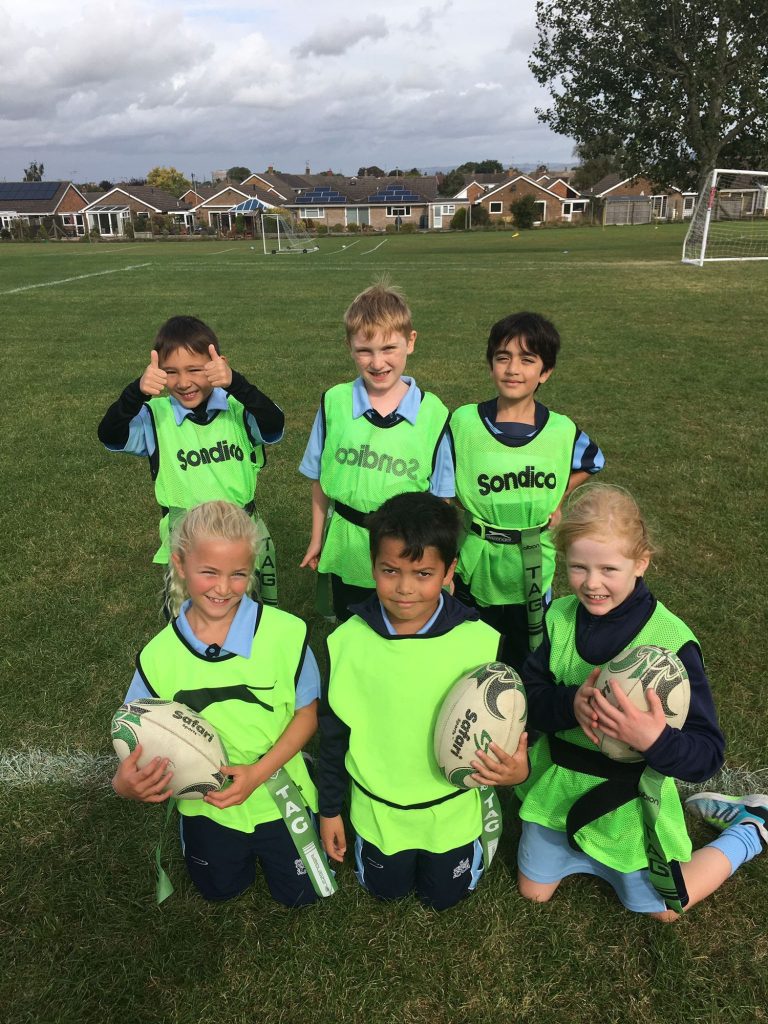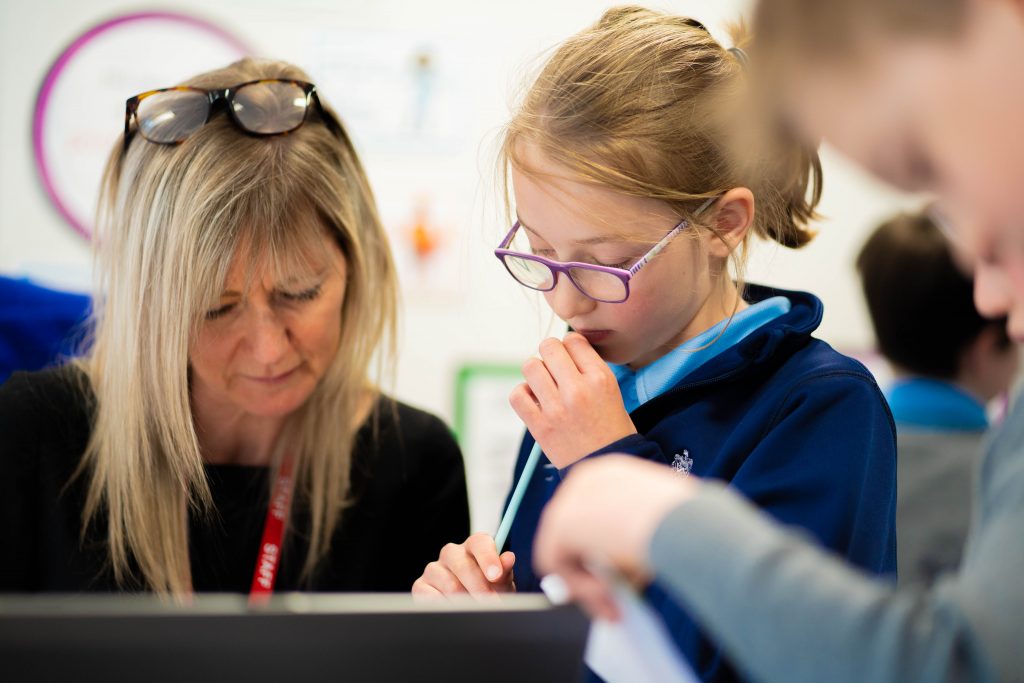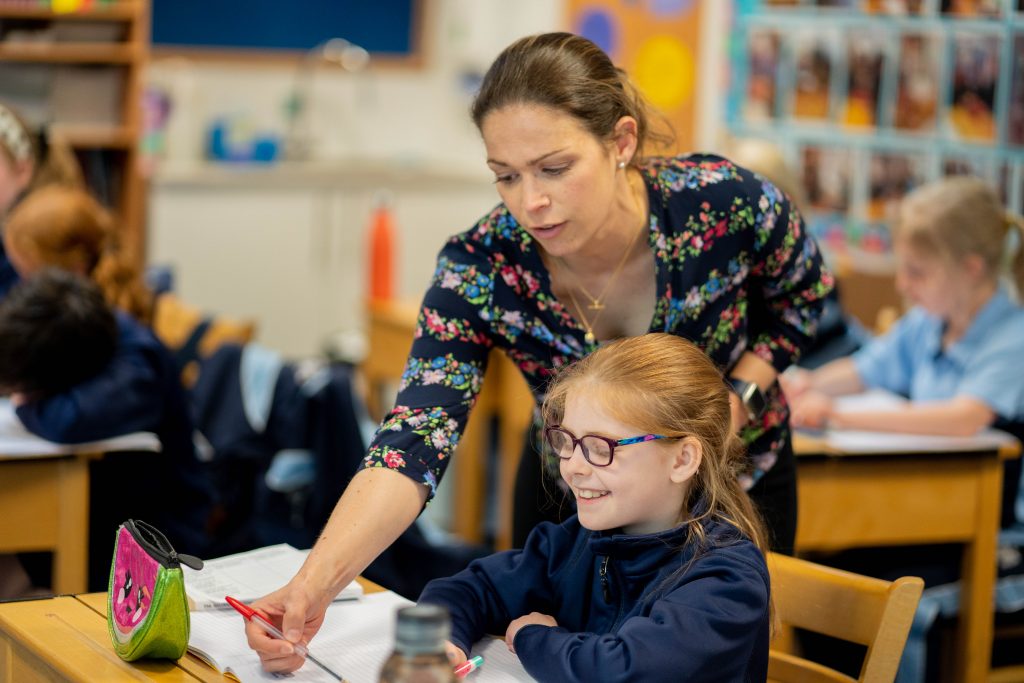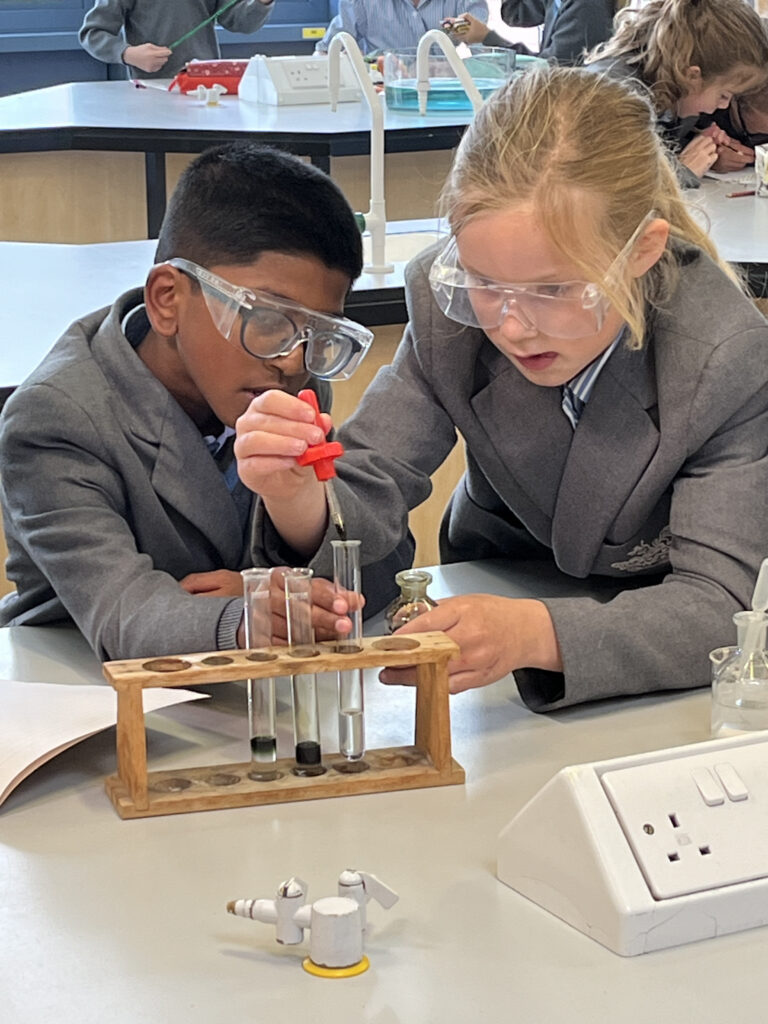Music must be accessible to all, a chance to develop new skills individually, collectively and above all else fun. We provide a structured core music curriculum for all children that will allow children to enjoy and participate in active music-making. They will develop an understanding of musical concepts and cultivate practical skills, enabling them to respond and communicate musical ideas, thoughts and feelings.
Music lessons are delivered through creative, practical and hands on teaching that centres on singing, performing, composing, listening and appraising. We really believe in the importance of children being able to read different forms of notation, and follow the Kodaly method to ensure that all pupils can contribute and engage fully.
We understand the importance of providing the children with access to live performances and engaging visiting musicians as well as music workshops and school trips, making full use of the outstanding opportunities Cheltenham offers. In addition, we run a number of popular extra-curricular activities including choirs, ukulele group, orchestra, string group, guitar club, brass group and flute ensemble.
For pupils who are committed to instrumental study we offer a wide range of peripatetic lessons.
We provide many opportunities for budding musicians to perform in solo and ensemble performances. These include assemblies, lunchtime concerts and concerts on and off site.
For every age group, we teach knowledge, skills and understanding of music. The teaching units are progressive and linked to curriculum topics where possible; for example, linking composers and genres to History and Cultures. Currently we weave the musical curriculum around school based topics, so that we will cover subject topics such as World music, Jazz, Samba, Historical Events, The Blues, programme music, WW2 and song writing.
By the end of Richard Pate, we hope that all our pupils will develop an understanding and enjoyment of a broad spectrum of musical styles, and become confident singers! Music lessons are really important in developing personal qualities such as concentration, memory, responsibility, self-criticism and improvement, and commitment to long-term goals. But above all else we want our pupils to learn to appreciate music on their own terms, whether they actively pursue it or simply listen to it.


